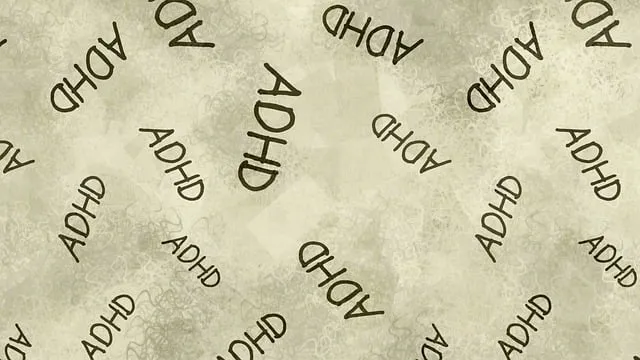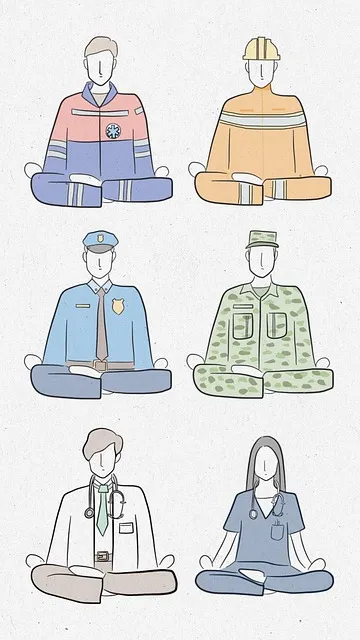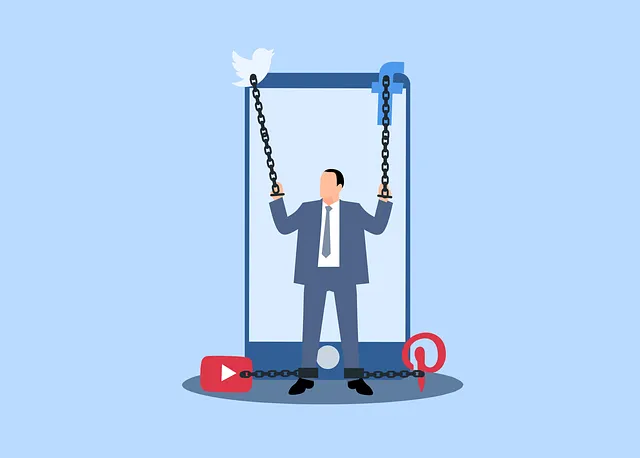Longmont Kaiser Permanente Psychiatry leads in teaching effective emotion regulation techniques to enhance mental health and well-being. Through mindfulness meditation, communication strategies, and self-care practices like deep breathing and physical activity, individuals gain skills to manage stress, anxiety, and depression, improving decision-making and relationship dynamics. This holistic approach prioritizes emotional wellness management, fostering resilience and adaptability for long-term stability and improved quality of life, underscoring the growing global emphasis on mental health awareness.
Emotion regulation is a powerful tool for enhancing mental well-being, and Longmont Kaiser Permanente Psychiatry offers valuable insights into its practice. This article explores techniques to manage emotions effectively, focusing on the benefits of learning control over one’s emotional responses. We’ll guide you through understanding emotional regulation, providing practical strategies, and offering tips for maintaining newly acquired skills. Discover how these techniques can empower individuals to navigate life’s challenges with greater resilience, thanks to the expertise at Longmont Kaiser Permanente Psychiatry.
- Understanding Emotion Regulation and Its Benefits at Longmont Kaiser Permanente Psychiatry
- Teaching Techniques for Effective Emotion Regulation
- Practical Application and Maintenance of Emotion Regulation Skills
Understanding Emotion Regulation and Its Benefits at Longmont Kaiser Permanente Psychiatry

Emotion regulation is a vital skill that empowers individuals to navigate life’s challenges with resilience and adaptability. At Longmont Kaiser Permanente Psychiatry, we understand that mastering this ability can lead to profound improvements in mental health and overall well-being. By teaching effective emotion regulation techniques, our healthcare provider cultural competency training equips folks with the tools needed to manage stress, anxiety, and even depression prevention.
In today’s fast-paced world, where hustle and bustle often leave individuals feeling overwhelmed, fostering positive thinking becomes essential. Our approach recognizes that emotion regulation isn’t about suppressing feelings but rather learning to observe, accept, and respond to them constructively. Through our programs, we guide folks in developing strategies to transform challenging emotions into opportunities for growth, ensuring a more balanced and fulfilling life.
Teaching Techniques for Effective Emotion Regulation

Teaching techniques for effective emotion regulation is a crucial aspect of mental health awareness, especially in today’s fast-paced world where stress management has become essential. At Longmont Kaiser Permanente psychiatry, professionals emphasize the importance of empowering individuals with tools to navigate their emotions. One such technique is mindfulness meditation, which encourages folks to focus on the present moment, thereby reducing reactivity to strong feelings. This practice fosters self-awareness and enables better decision-making in emotionally charged situations.
Additionally, communication strategies play a vital role. Expressing emotions verbally, rather than suppressing them, can help individuals process their feelings more effectively. Encouraging open dialogue and teaching active listening skills allow people to understand one another’s emotional states, fostering empathy and strengthening relationships. These techniques are not just words on paper; they’re proven game-changers in managing stress and enhancing overall well-being, as evidenced by the increasing prominence of mental health awareness initiatives globally.
Practical Application and Maintenance of Emotion Regulation Skills

At Longmont Kaiser Permanente psychiatry, the practical application and maintenance of emotion regulation skills are considered paramount for individuals seeking to manage their emotional well-being effectively. These techniques often involve integrating self-care practices into daily routines. Simple yet powerful strategies such as mindfulness meditation, deep breathing exercises, and regular physical activity can significantly enhance one’s ability to regulate emotions. By incorporating these self-care practices into their lives, individuals can learn to respond to challenging situations with more clarity and calmness.
Additionally, mental health professionals play a crucial role in teaching and supporting clients in the development of robust emotion regulation skills. They do this through tailored interventions that include emotional intelligence training and risk management planning. By equipping individuals with these tools, Longmont Kaiser Permanente psychiatry ensures that clients not only understand their emotions but also have the means to navigate life’s ups and downs with resilience and adaptability. This holistic approach to mental health fosters long-term emotional stability and enhances overall quality of life.
Emotion regulation techniques, as taught by experts at Longmont Kaiser Permanente psychiatry, offer a transformative path toward mental well-being. By understanding the power of emotions and learning effective strategies, individuals can navigate life’s challenges with greater resilience. Through practical application and consistent practice, these skills become integral to one’s daily routine, fostering a sense of control and enhancing overall mental health.






